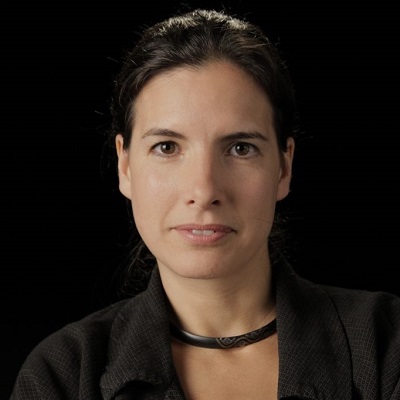Topics in the History of Applied Economics
Teacher
CHERRIER Béatrice
Department: Economics
ECTS:
4
Course Hours:
24
Tutorials Hours:
0
Language:
English
Examination Modality:
mém+CC
Objective
The objective of this course is to help you understand the many ways in which economics has acquired its ‘applied’ identity throughout the XXth century. We will thus survey the development of tools whereby economic concepts, theories and models are confronted to facts. We will focus of the history of econometrics, of experimental economics, and on how economists have constructed data sets. The cultures of applications that economists have nurtured differ across fields. We will thus contrast the challenges microeconomists (for instance environmental economics) and macroeconomists face (we will discuss applied macro as it is done outside academia, for instance in central banks, and focus on the computational rather than theoretical challenges that economists have face in the last decades. That will include some histories of computers and econ software) Finally, We will also discuss examples of applications of economics concepts and models in the policies and business spheres (from tax policies to market design. And we will adress longstanding claims that economics is therefore "ideological").
The purpose of this course is to build reflexivity on the tools and models that you use in your own research. Assessment criteria are thus designed accordingly:
-final essay (baseline grade): it is a 5 to 10-pages essay historicizing a topic. It generally consists in tying your master thesis specific topic to the larger debates that have been running in your field or the discipline at large in the past decades. Usually, students historicize a key concept in their master thesis (exhorbitant priviledge, exchange rate, the gravity equation, quantitative easing, benefit take-up), or key contributor (Gary Becker and the origins of household economics, Easterlin and women’s participation to the labor market, Schelling and nuclear deterrence), key model (search and matching models in labor, IAMs in climate modeling), literature (for instance on energy efficiency), or technique (how to quantify biodiversity, history of the uses of surveys in economics, history of IV, history of hedonics econometrics, the problem of selection bias in econometrics, history of experiments in game theory, etc.) Such writing exercise will, I hope, help you in devising introduction, grant applications or presentations of your research (such as your master or PhD defense or job market talks).
Some students are however specifically interested in reconstructing the history of a workhorse model, a concept, a technique or a contribution that is not tied to their master thesis. So you can choose a separate new upon consulting me. Just send me an email so that we can discuss whether your topic is suitable
Here is the process and deadlines for writing the final essay: I’ll ask to send me a short note (1/2 to 1 page max) describing your planned/ongoing master research by February XX. Better add the 3 or 4 key research articles you’re building on. On this basis, I’ll propose you some readings to help you craft your essay. We can then plan a separate individual exchange to discuss your framing/narrative if you’re still hesitant about your angle and need to refine it. Final essays are due on May XX. If you’d like, you can send me a detailed outline or early version of your final essay by April 7, so that I can comment on it and make suggestions for improvement (since the point of the exercise is that you end with the most mature and useful rationale for how economists have handled










